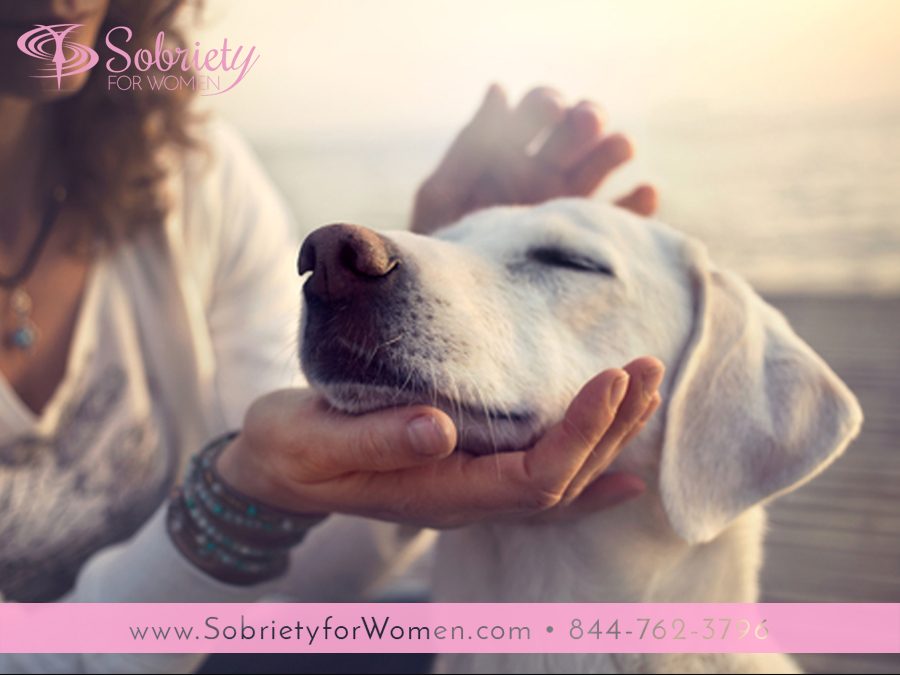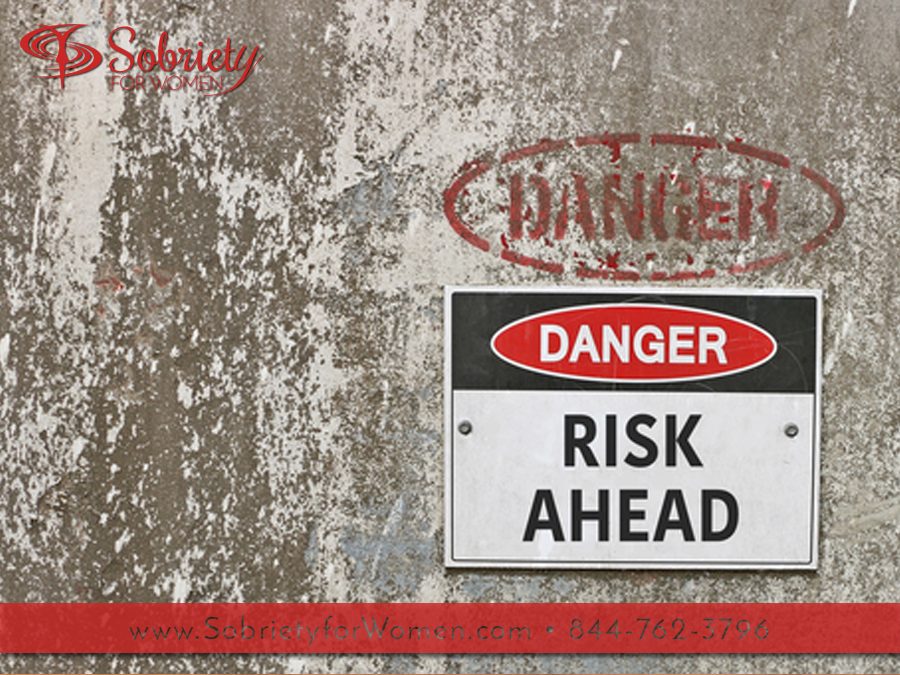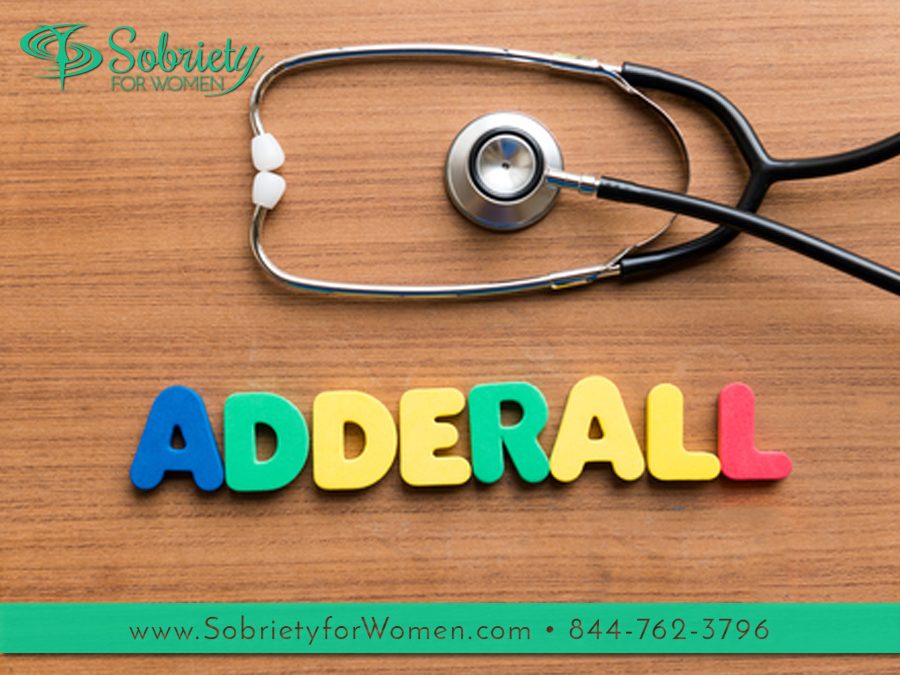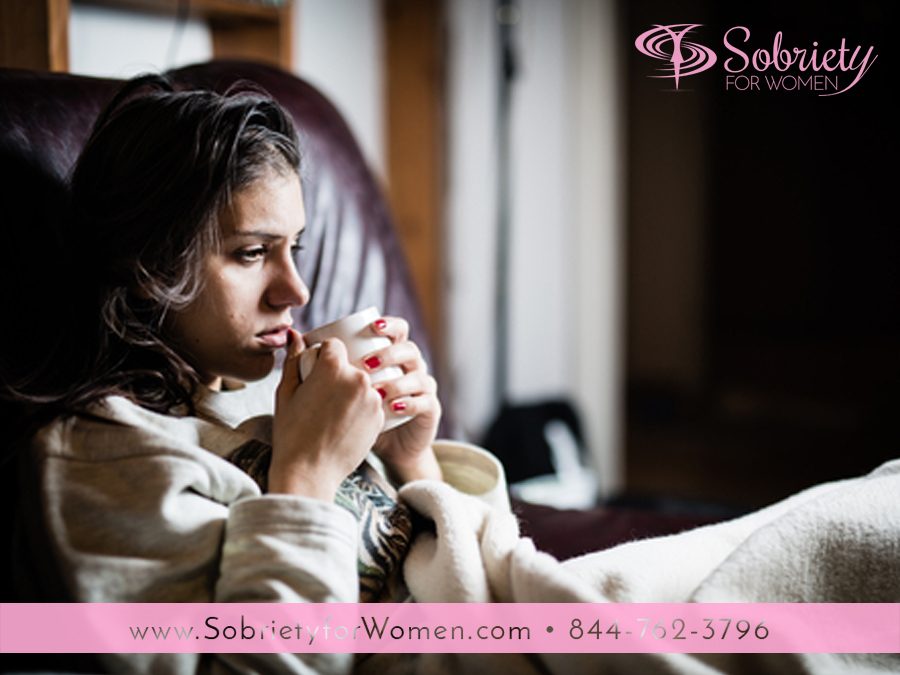Post Acute Withdrawal Syndrome
Ah, good old Post Acute Withdrawal Syndrome! Maybe you’ve heard of it. If not by that name, I bet you’ve heard of PAWS. If you’re anything like me, that acronym left you scratching you, wondering why people were talking about animal feet!

Most women in recovery know Post Acute Withdrawal Syndrome all too well. It’s the reason we were a bit off the walls in early-sobriety. Well, okay, one of the reasons!
For those who aren’t familiar with PAWS, sit back and learn the in’s and out’s of post acute withdrawal. Being prepared and knowing how to best mitigate Post Acute Withdrawal Syndrome can be a HUGE help in early-recovery.
After all, anything that gives us a proverbial leg up is welcome. I hope you all enjoy and this helps!
PAWS Symptoms
Post Acute Withdrawal Syndrome symptoms can range from mild to serious. It’s important to remember two things when reading the following list. A) I’m not a doctor, but rather a recovering alcoholic with firsthand experience of PAWS. B) Everyone’s body is different. You may not get all the following symptoms (fingers crossed!).
Find a list of common Post Acute Withdrawal Syndrome symptoms below:
this is when activities which used to be pleasurable no longer are. The best way I can describe it is like a strange form of apathy. I know I should be happy to be at the beach (because, duh, I love the beach), but I’m simply not.
depression as a result of alcoholism or addiction makes sense. I mean, many drugs are depressants and alcohol definitely is! I’m going to make a very unscientific claim here and say that depression is the number one side effect of prolonged drug use.
again, no surprises here. Being sober after using drugs and booze to medicate is scary! So it makes sense that anxiety is a common PAWS symptom. Sometimes post acute withdrawal anxiety is low-level and constant. Other times, it comes in sharp bursts known as panic attacks. Either way, trust me when I say it gets better!
I was convinced that I had ADHD in early-sobriety. It turns out I had no such thing. Prolonged drinking and drugging impact the frontal lobe, the area of our brain that controls concentration, pretty hard. So, it makes sense that I had trouble concentrating.
The frontal lobe also controls judgment, inhibitions, our emotions, and organizational skills. Watch out for trouble in all of those areas during Post Acute Withdrawal Syndrome!
I was basically a huge mess in early-sobriety. While this was largely due to PAWS, it was also due to some of my character defects! One thing that straddled the fence between both was irritability. Watch out for this when you’re counting days. Trust me, it’s better to catch yourself before you say something stupid, than to make amends afterwards!
ah, mood swings! These are probably the most recognizable aspect of PAWS. Your emotions in early-sobriety will often go a little something like this
10:00a.m. – I’m happy! OMG, life is so good!
10:01a.m. – This is so annoying, I can’t even deal right now.
10:02a.m. – No, I just need to chill. Life is really pretty amazing. I can’t believe how blessed I am!
10:03a.m. – I’m so angry! Someone stole my parking spot, don’t they know what I’m going through!
And listen, ladies, if you think I’m poking fun at you, think again. I’ve experienced the above scenario thought for thought…some are sicker than others!
another one of the most common symptoms of post acute withdrawal is disturbed sleep. It’s uncomfortable and, since sleep affects most other areas of our lives, has far reaching implications. It’s for this reason that many doctors recommend taking non-narcotic sleep aides in early-sobriety. Of course, that decision is ultimately up to each woman, her doctor, and a God of her own understanding.
having drug cravings in early-sobriety is perfectly normal. In fact, it might be stranger if someone freshly sober didn’t have the occasional, or quite frequent, craving. Unfortunately, this doesn’t make them any easier to deal with! The good news is that the longer we stay sober, and the more work we do on ourselves, the less intense and frequent cravings become!
Beating PAWS
Now that we know the more common symptoms of post acute withdrawal, let’s figure out how to overcome it! The answer is surprisingly simple – take good care of yourself!
This can mean different things for different people, but there are some general guidelines on how to practice good self-care.

First, eat healthy! Avoid processed food, high fructose corn syrup, and taking in large amounts of refined sugar. Stick to fish, whole grains, fiber rich foods, natural sugars, and fresh vegetables. Although this sounds tough (and expensive!), it’s actually pretty easy. Once you start feeling the benefits (thinks like increased energy, a better/more stable mood, and increased concentration), you’ll want to stick with it.
Second, practice meditation! There’s nothing better to keep you in the moment than practicing staying in the moment! That may sound a bit cliché and corny, but I promise it’s true. Plus, mediation helps alleviate mood swings, irritability, anxiety, and poor concentration.
Next, get plugged in with a support group. Support groups can range from twelve-step fellowships, to “rational recovery” groups, to group therapy, to plain old friends. They’ll do wonders for your overall mental health and cravings. A support group also fosters a sense of belonging that’s vital to long-term recovery.
Finally, do some work on yourself! Although this is one of the harder suggestions to implement, it’s also one of the most beneficial. Working on ourselves is the first positive step many addicts and alcoholics take. It’s the doorway through which we walk to freedom and recovery!












